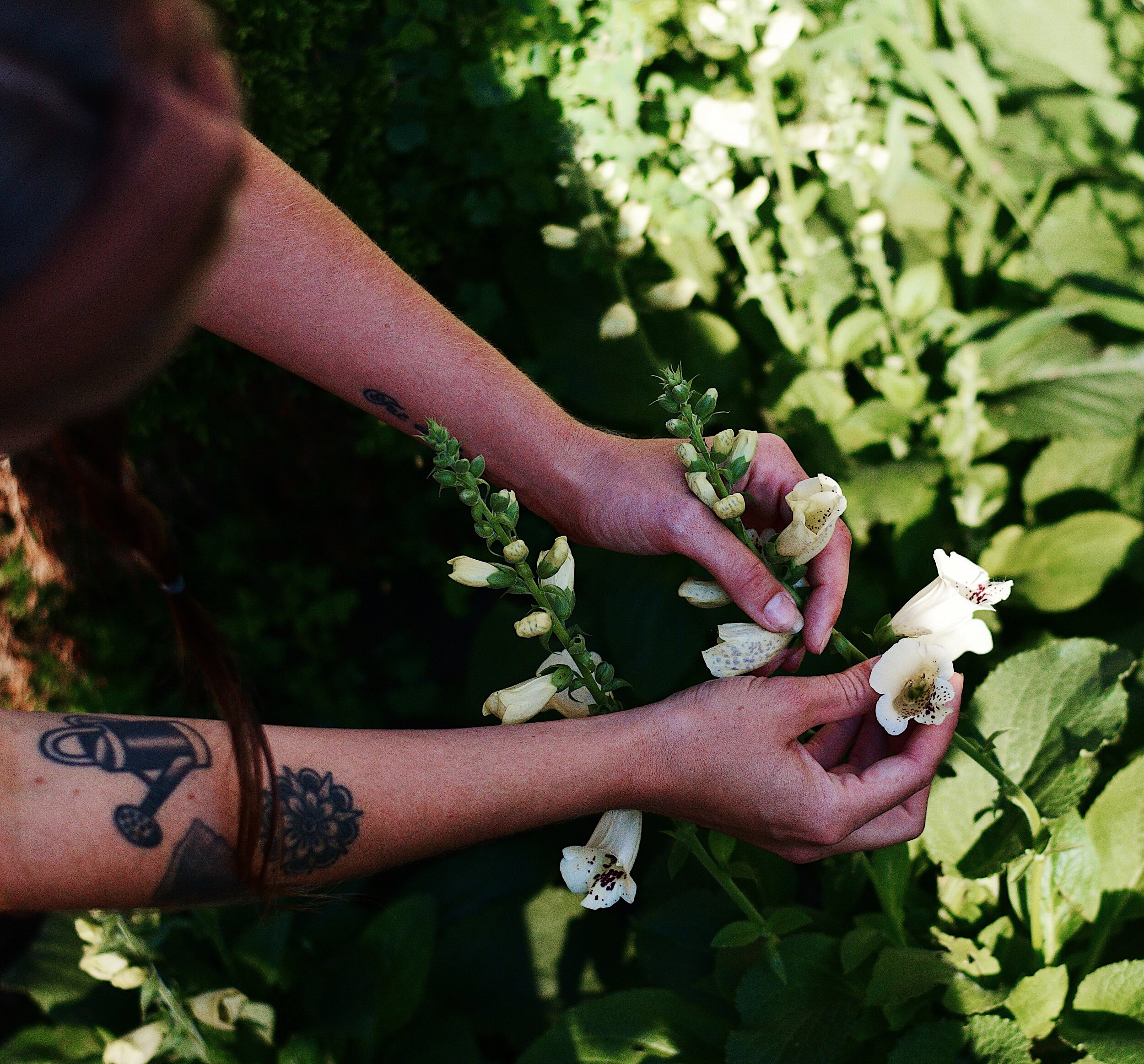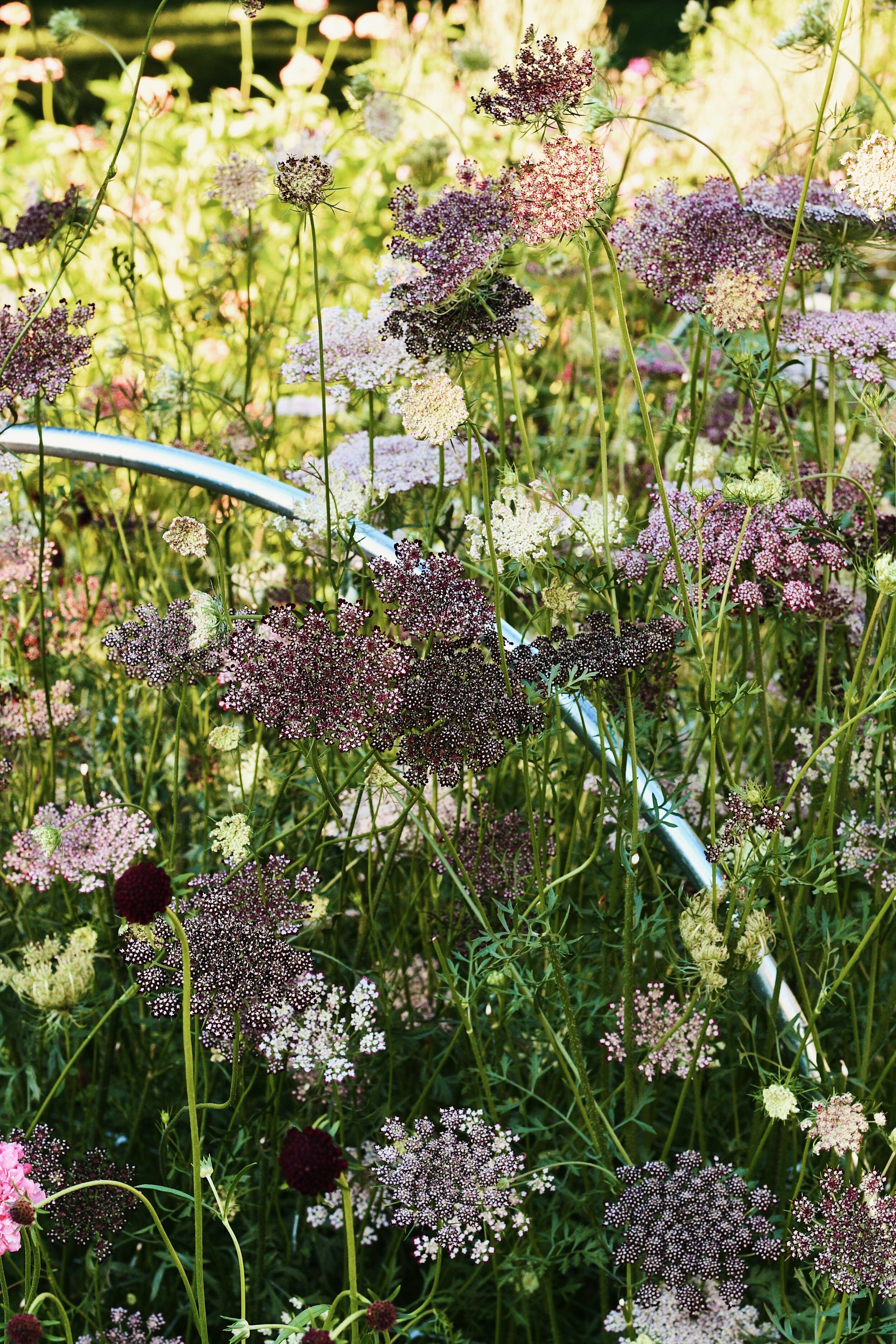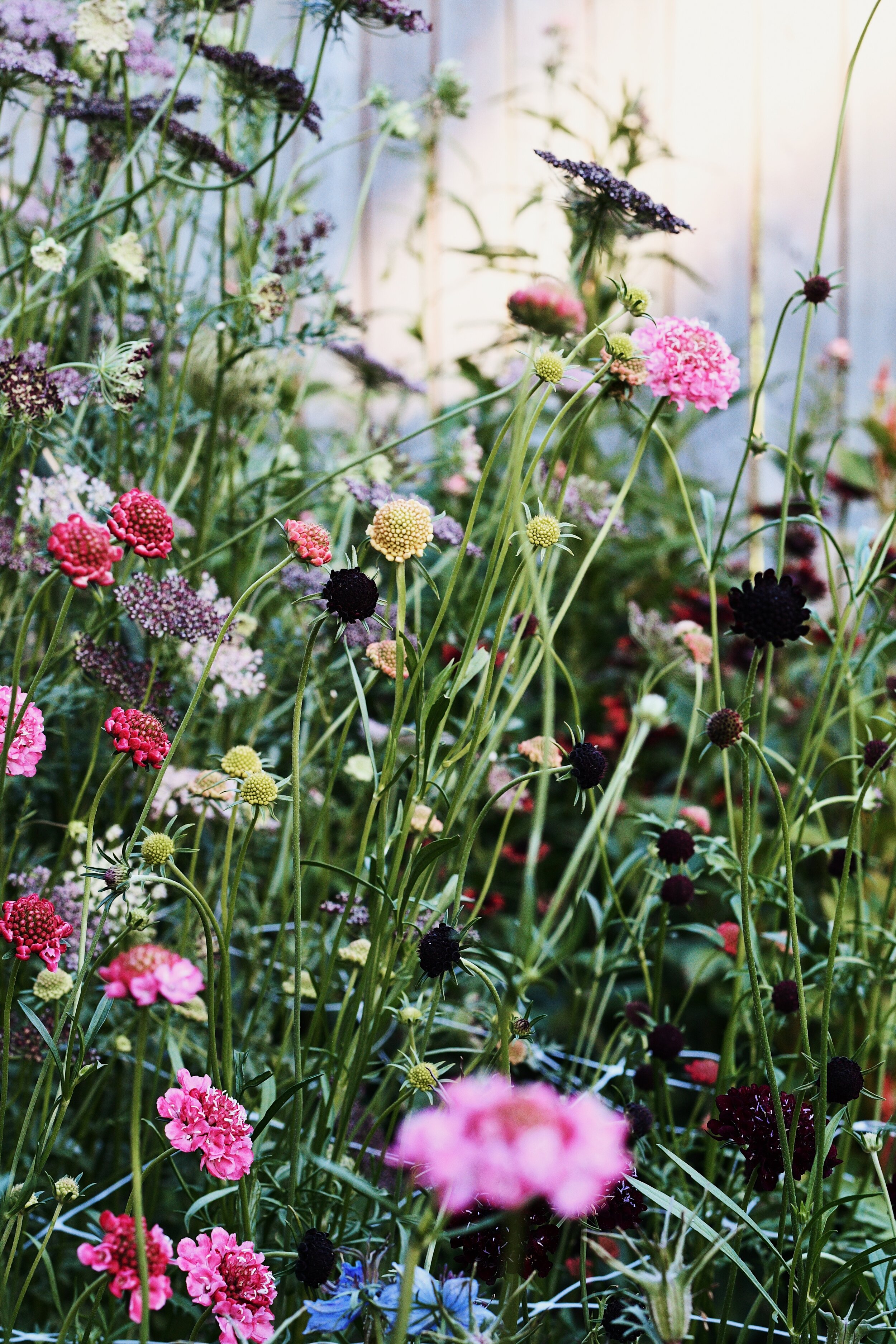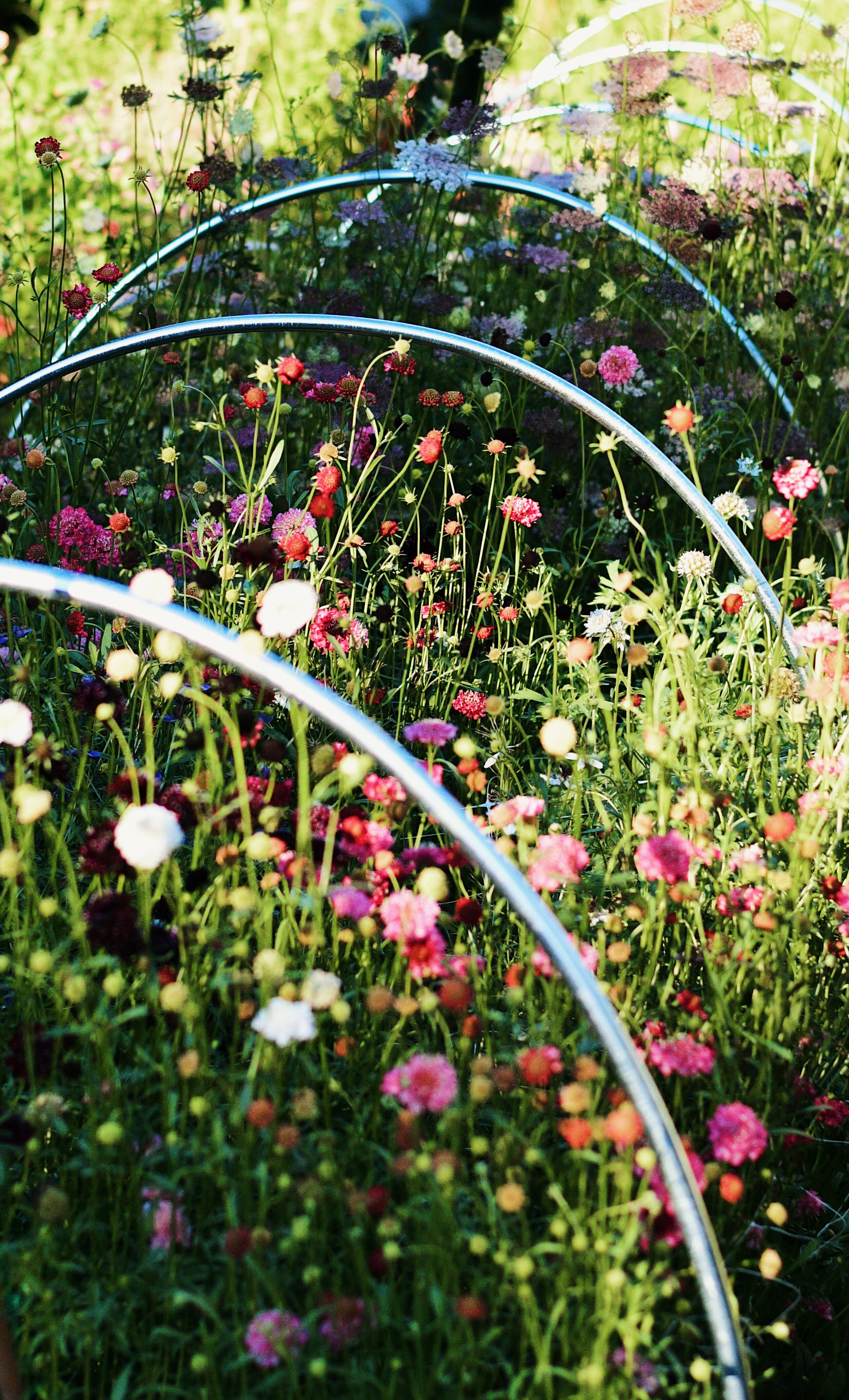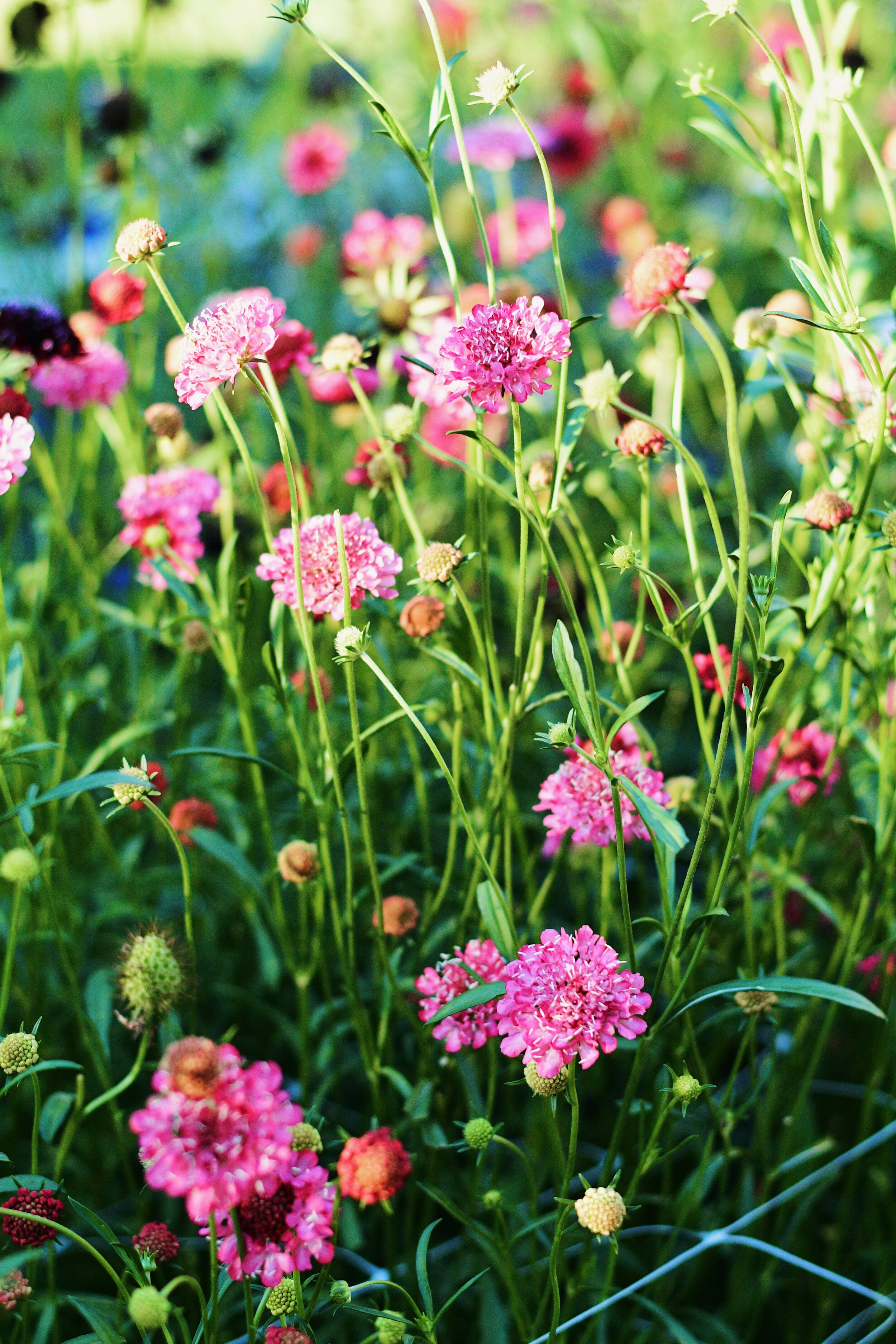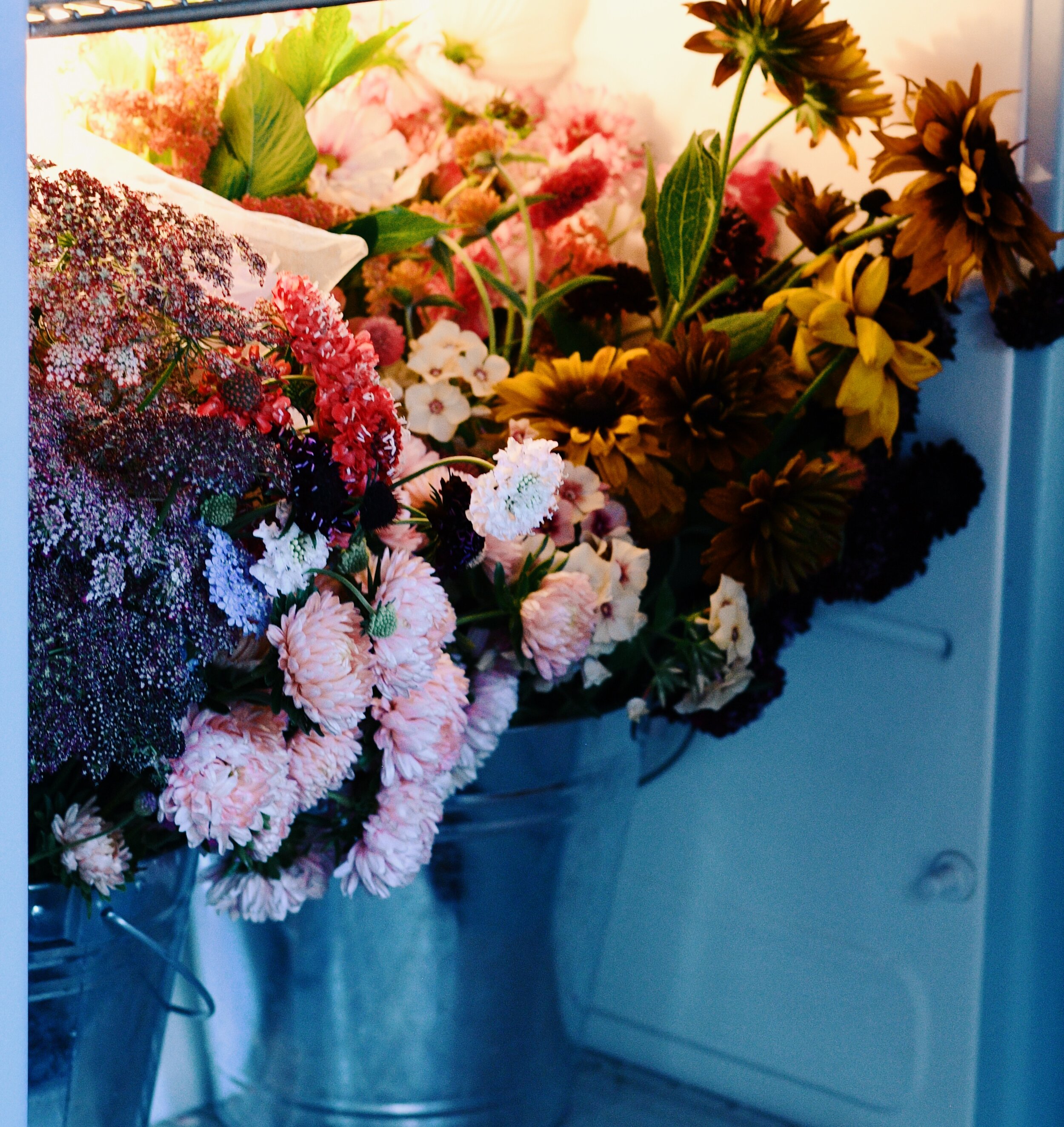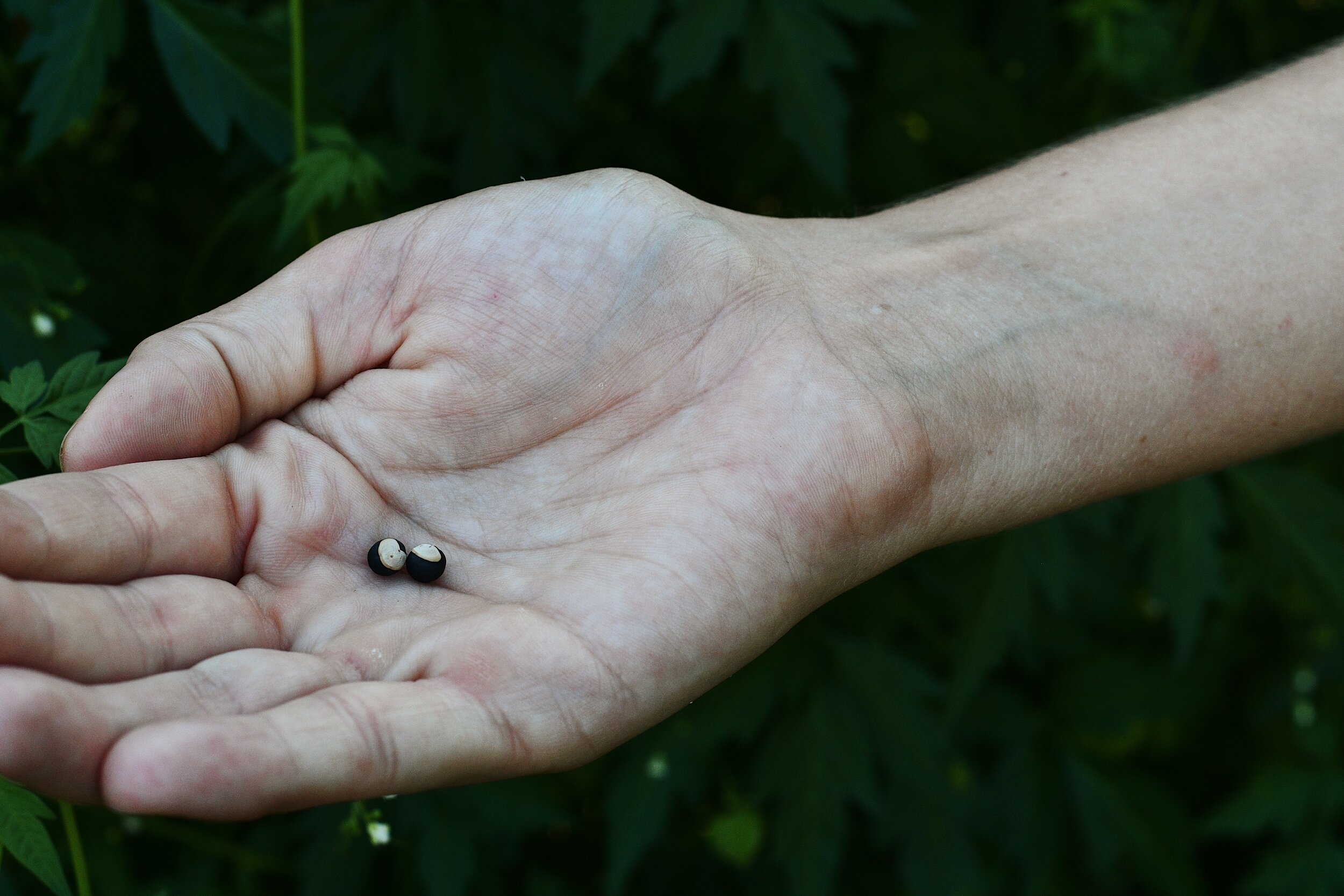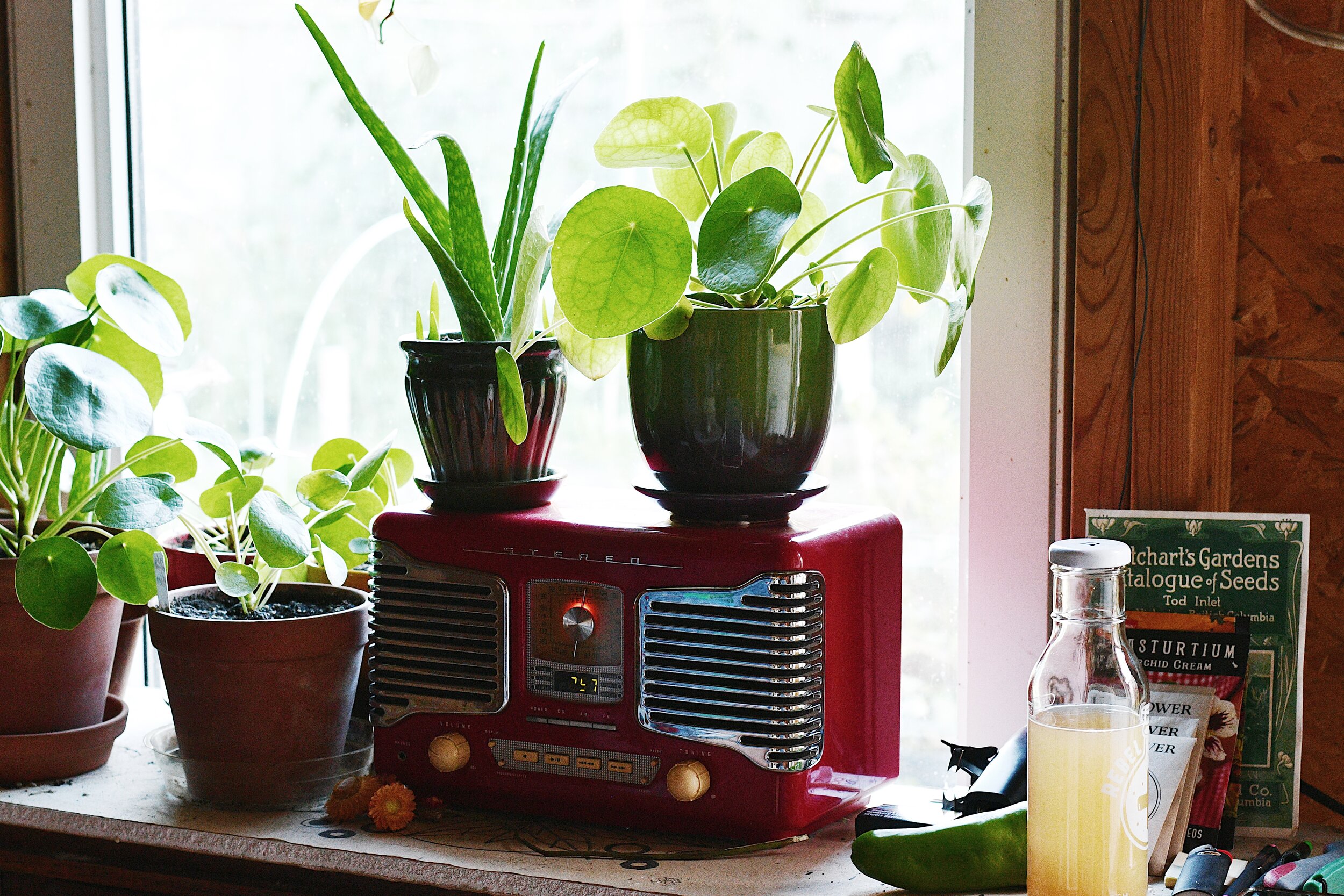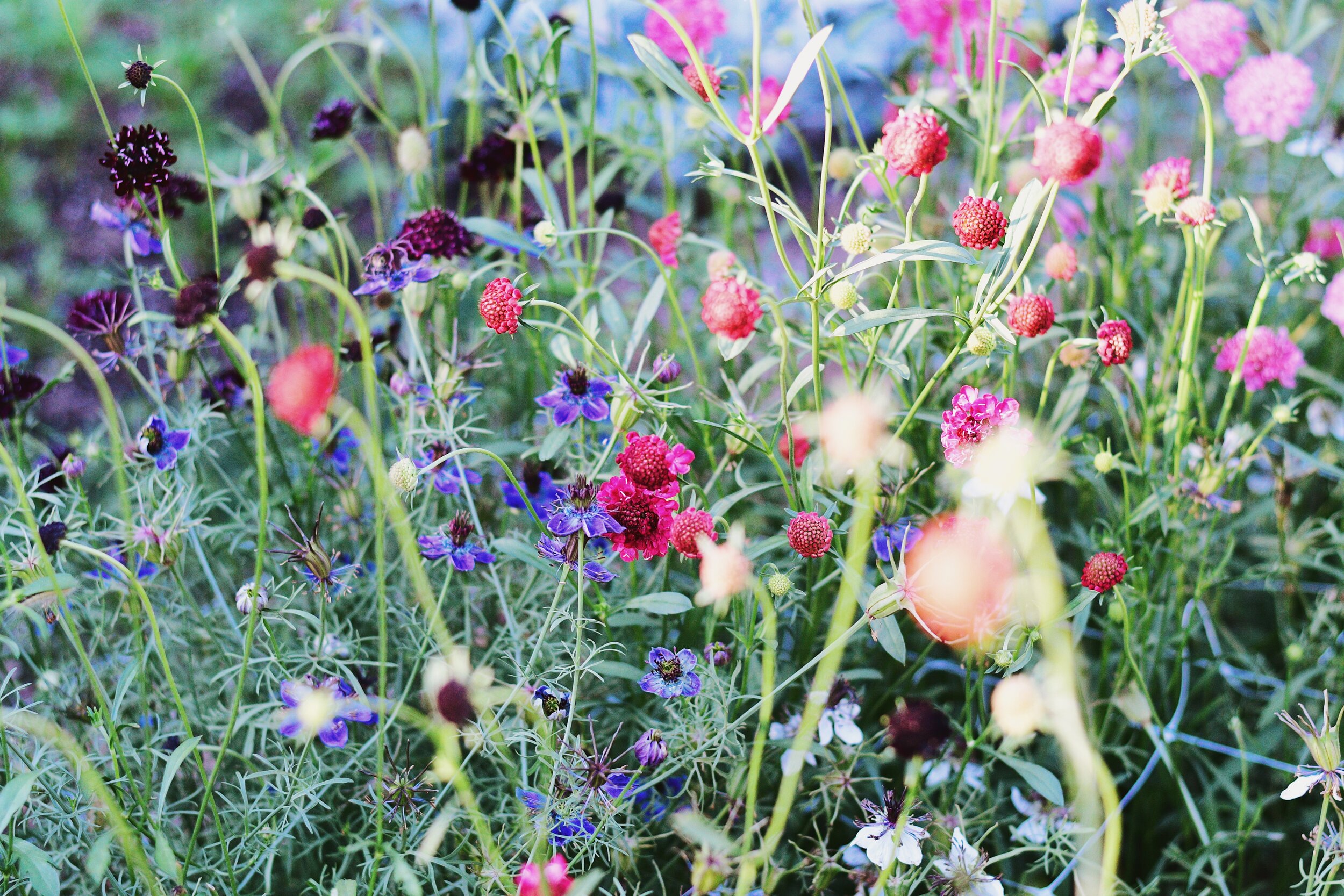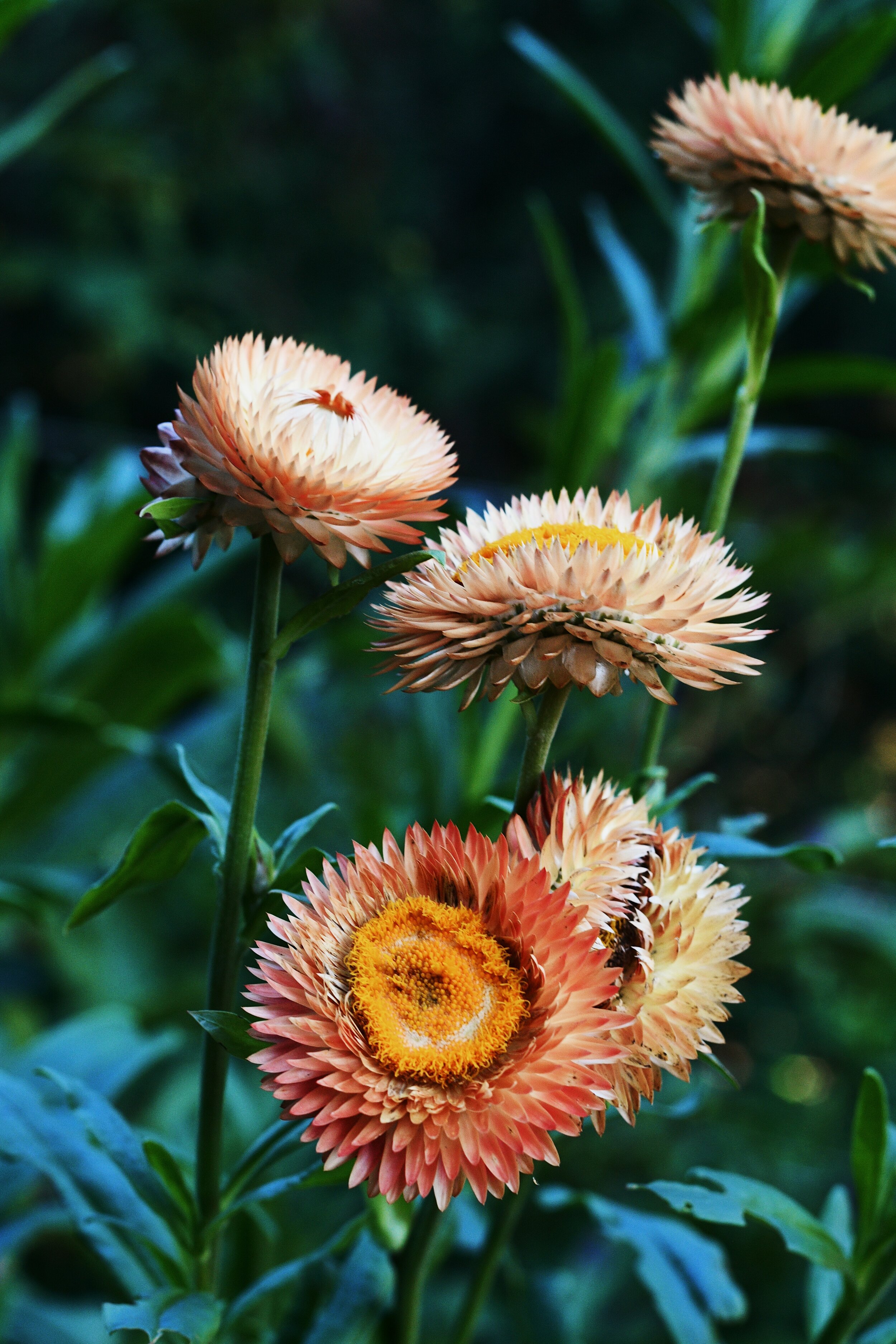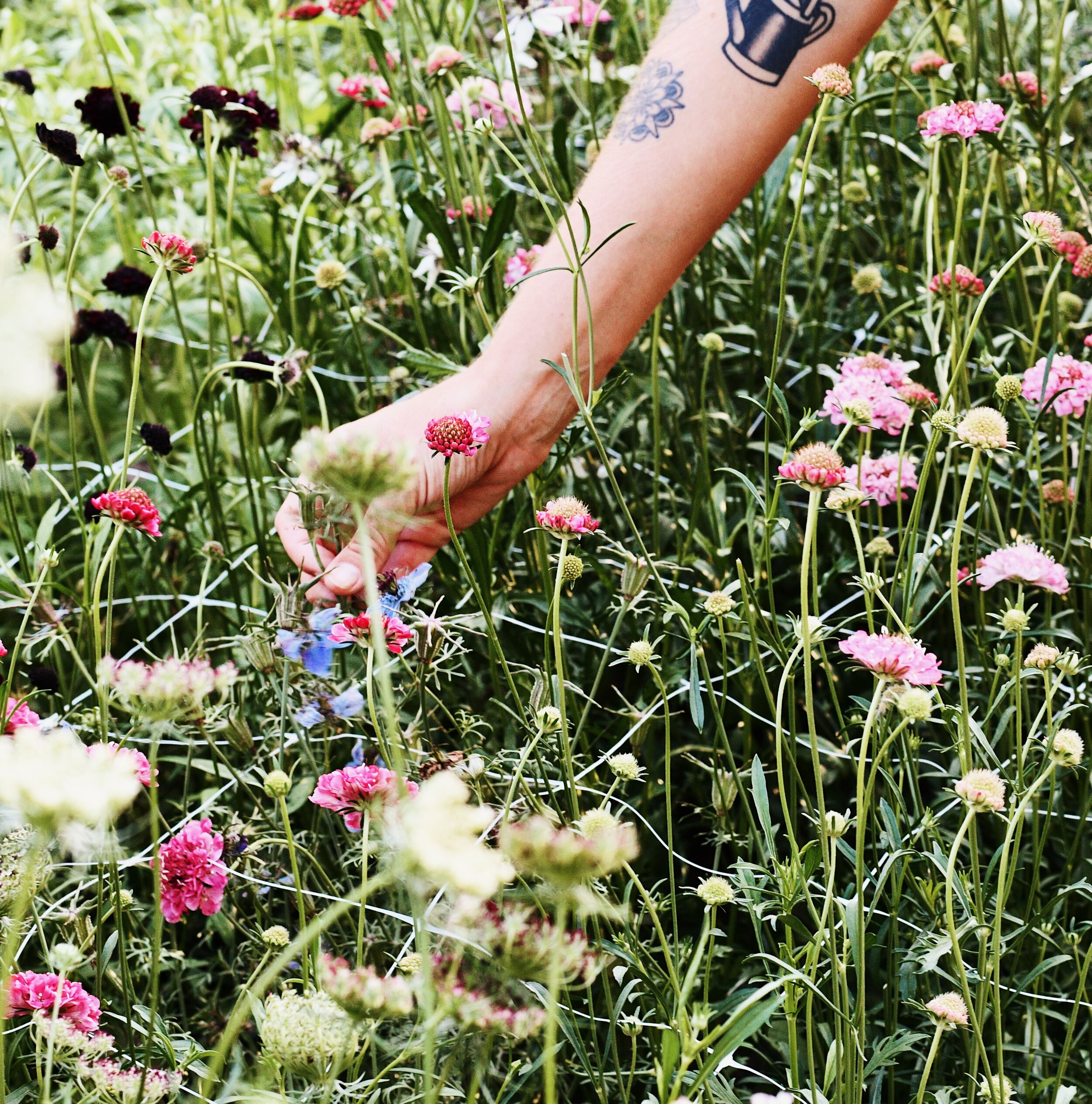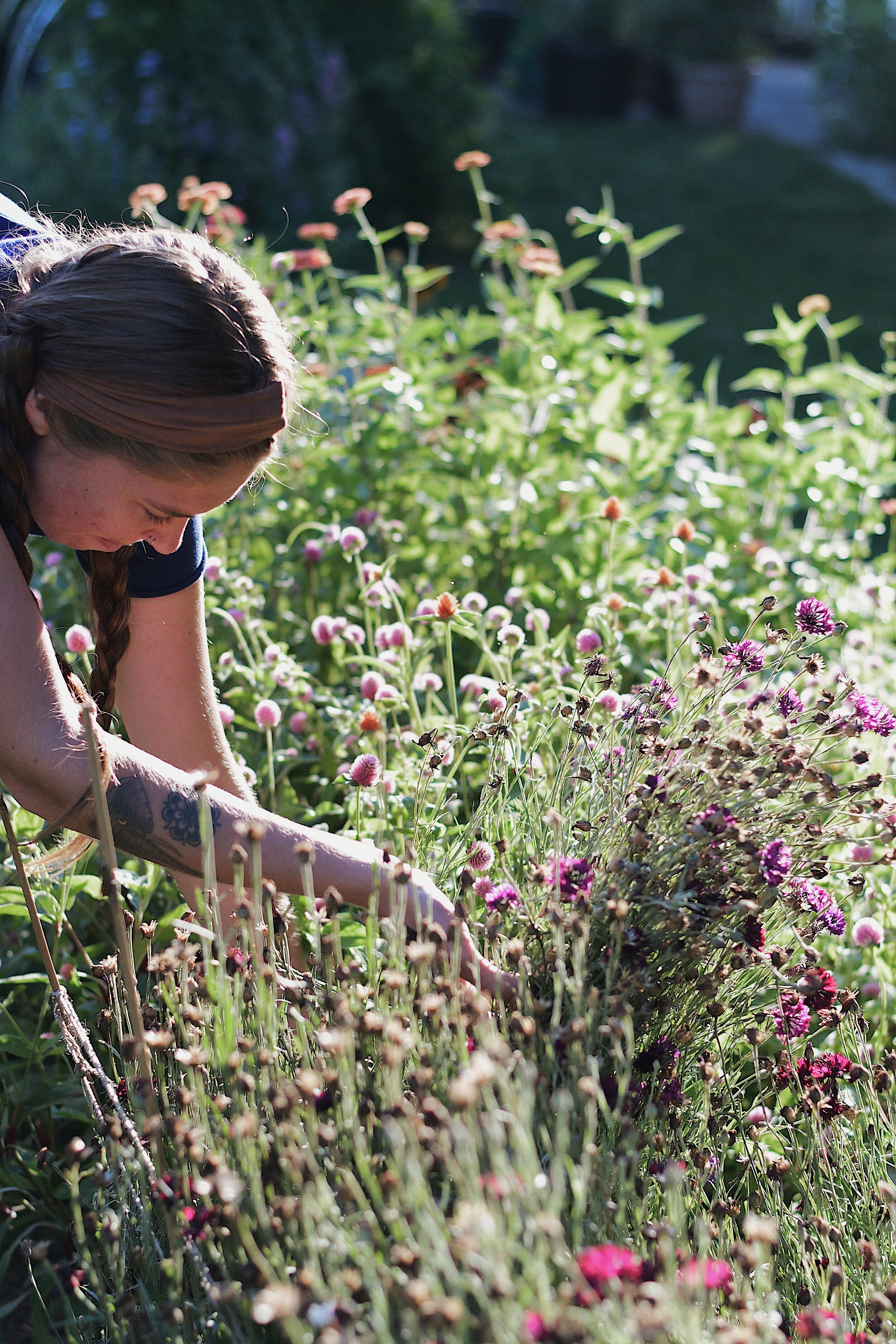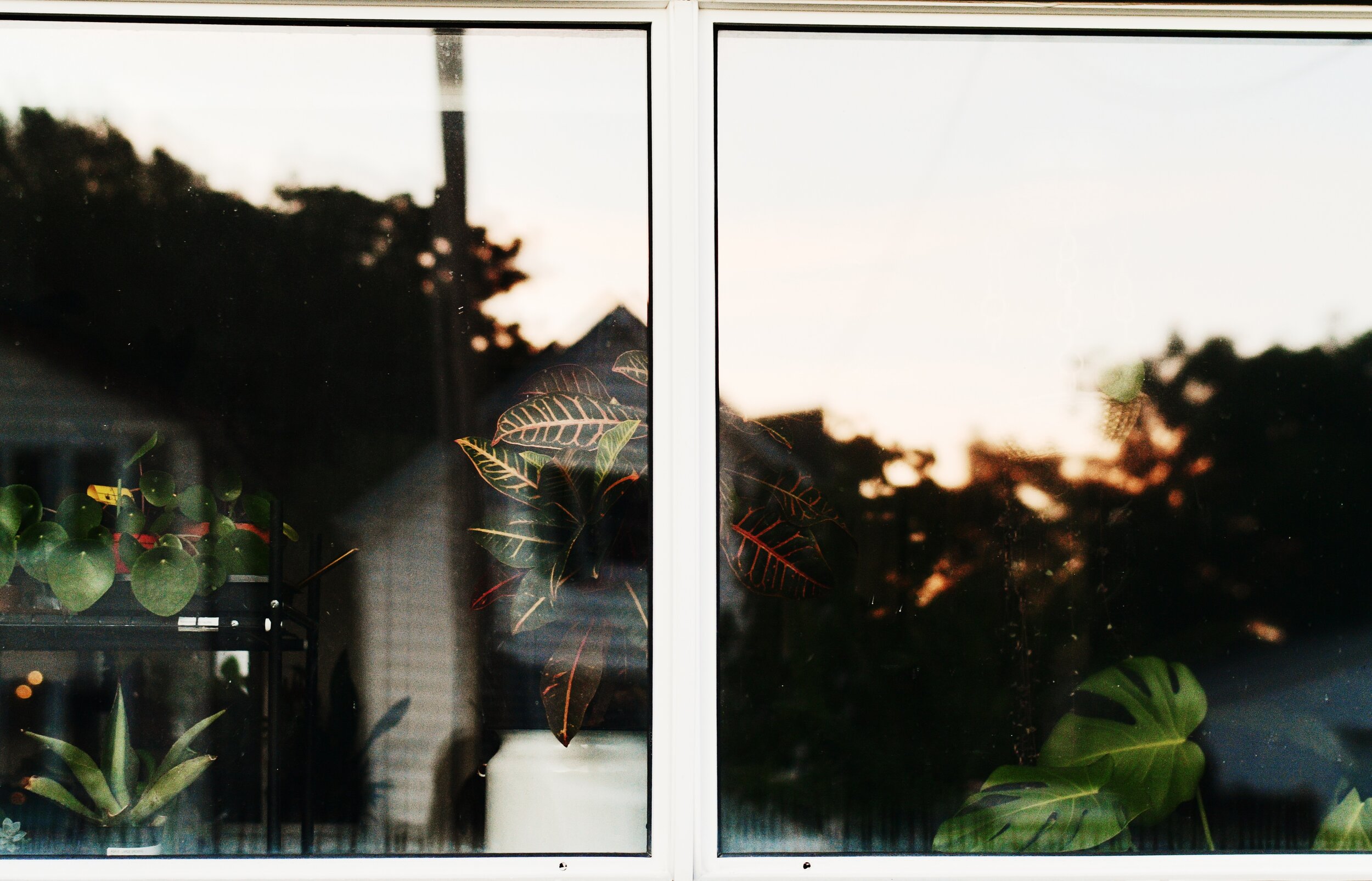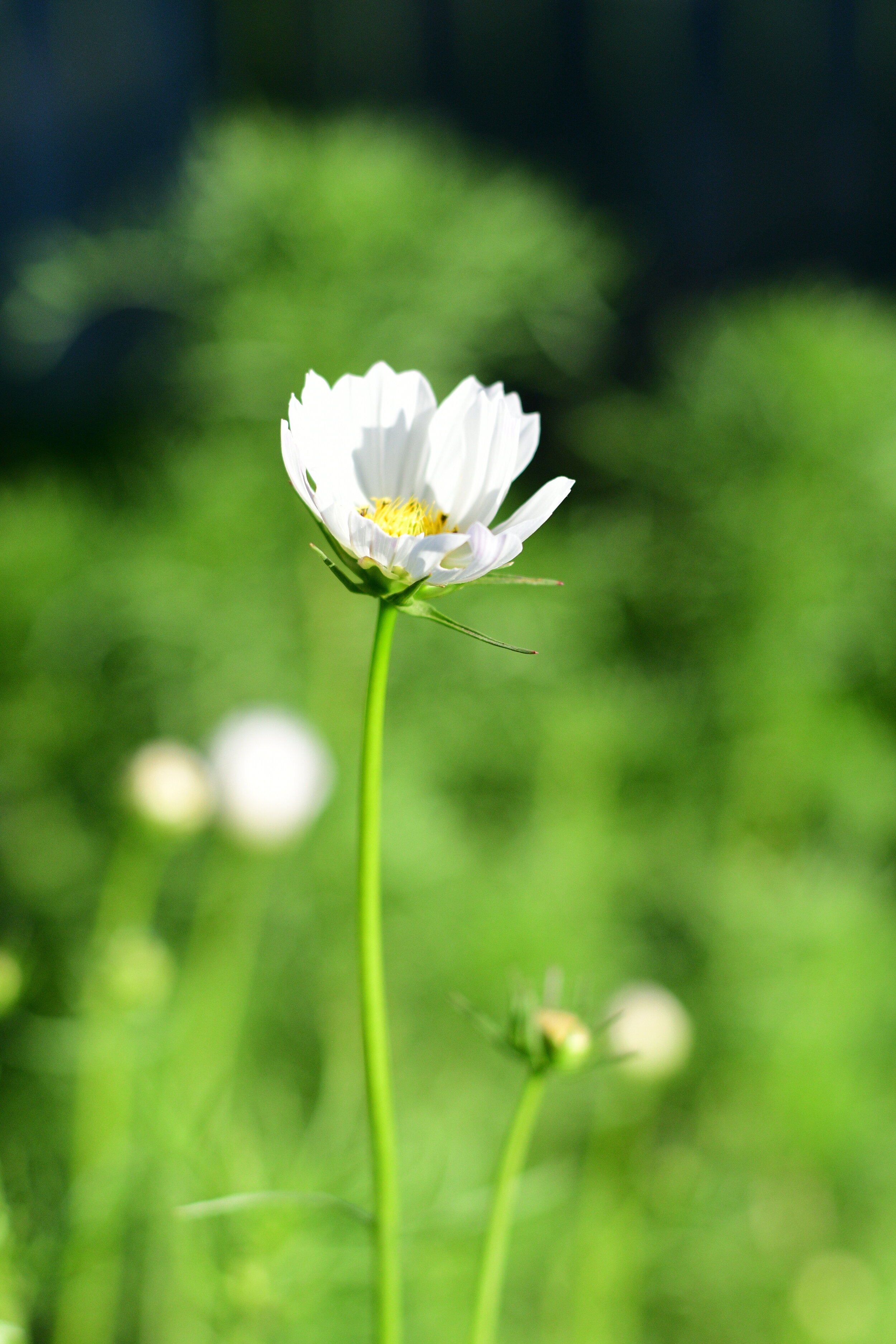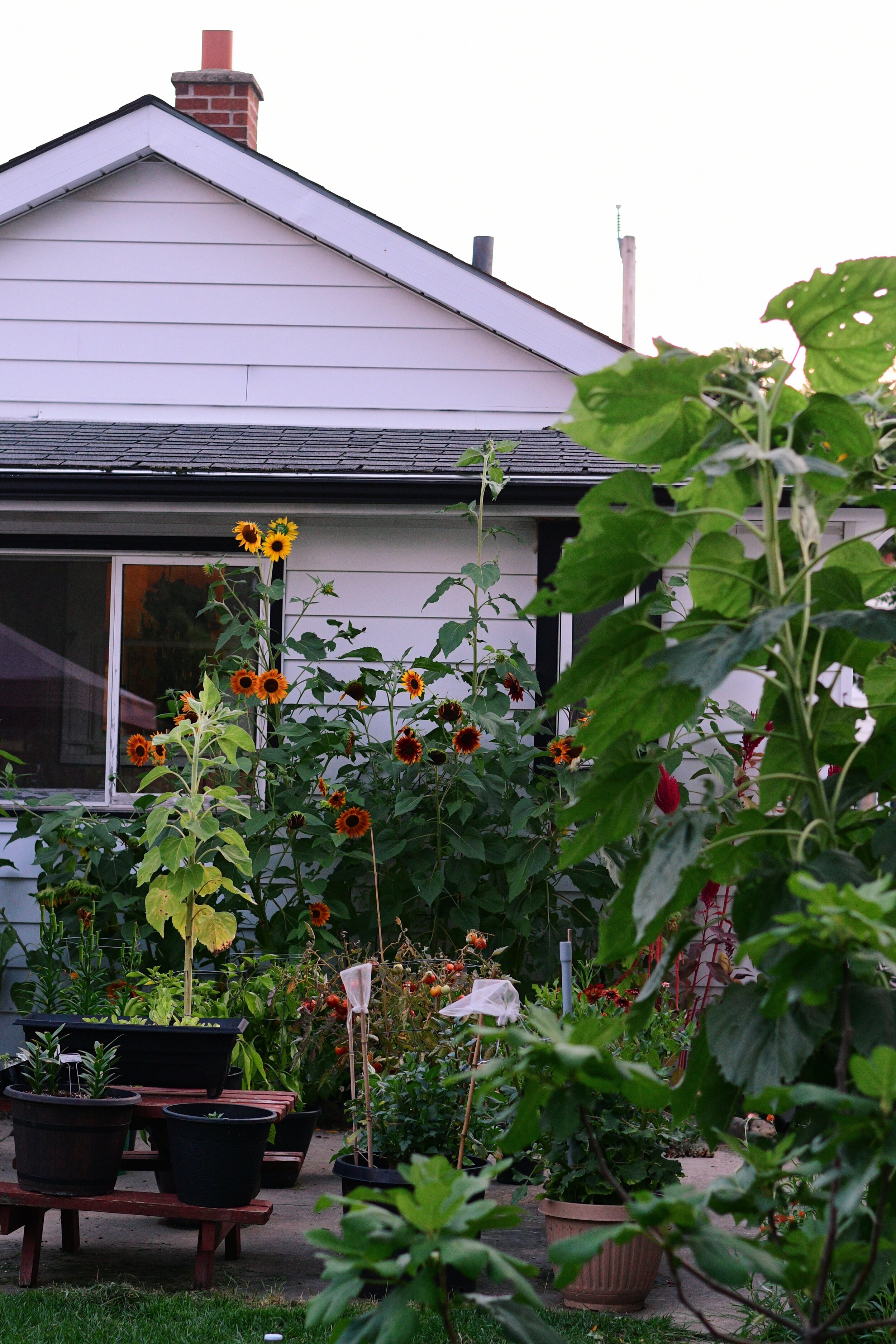STUDIO VISIT
SUNROOM BLOOMS
Covid-19 seems to have fortified a cultural shift towards investing in locally sourced products, and this renewed affection for thoughtfully-grown goods has touched, and perhaps even revitalized the lost art of organic floral farming. The noticeable uptick in the demand for flowers emerged as locals became sequestered to their homes for extended hours. As in-person celebrations and condolences became increasingly out of reach, many opted instead for flowers as gestures of delicate and intimate communication.
Recently, we visited Margaret Matheson of Sunroom Blooms who is carefully cultivating a flower farm in her Old East backyard. Having been raised in Stratford Ontario, she has always valued environmentalism and appreciated local agriculture— her venture into floriculture came rather naturally. ‘’The floral industry is a very green washed and dirty place; rampant with waste, pesticides, poor quality product that has been cut weeks before it reaches the customer, and underpaid farm workers who have flown across the world by way of refrigeration trucks.'’
“‘’I always wanted things that local wholesalers didn’t stock regularly, and between the pricing and lack of unique selection, it was the only option. ”
Just like food or fibers, flowers are an agricultural product, which means that there are multiple factors to consider beyond their aesthetic value. Items imported from abroad are not required to meet the same labor and environmental standards as those grown domestically, let alone locally. As the Slow Food movement continues to gain momentum, the concept of “Slow Flowers” is similarly deepening our collective respect and appreciation for floriculture.

